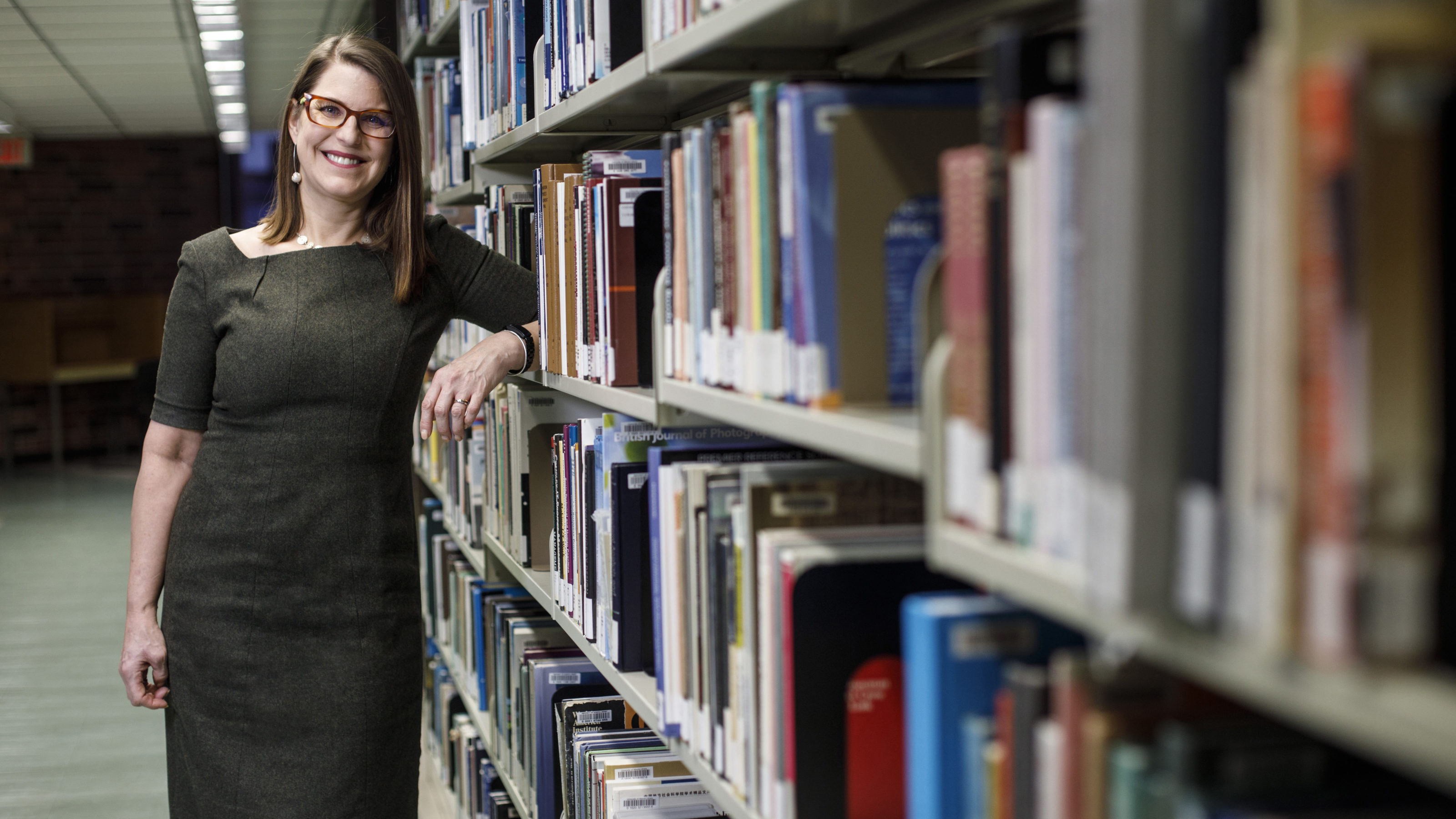Anger, divisive language and scare tactics are preventing us from reaching common ground about Canada’s energy sector, says a University of Alberta professor.
Calming down, listening more, and even using humour, could change the conversation, says Dr. Lianne Lefsrud, Assistant Professor of Engineering and Risk Management, who has studied the effect of language and persuasion on the debate around oil and gas and pipelines.
She teamed up with her colleagues in the psychology and computer science departments to analyze how often, and in what frequency, certain words and phrases are used in the energy debate.
“Dirty oil or tar sands are not helpful words at all,” she says.
She found these terms can ramp up the rhetoric. Her research shows, for example, “articles that mention tar sands consistently use more alarming language than articles containing oil sands.”
Over the years, Lefsrud has tracked the use of the words oil sands and tar sands; they used to be interchangeable and neutral terms but that changed when 1,600 ducks died in Syncrude tailings ponds more than a decade ago. After that, tar sands became common language for critics and were associated with images of sticky, black, oil-coated ducks.
Also not helpful, she says, is how environmentalists and politicians have turned energy into a battleground.
Lefsrud says that kind of language drives people further apart and is ineffective. Anger doesn’t help people understand issues; it just leads to fear and inaction, she says.
And scare tactics, she argues, only “further harden the polarization.”
In her research, she found, for example, a lot of negative language about pipelines.
“The issue with pipelines is that they’re increasingly being linked to spill – the word spill. Spill is actually a more alarming word than cancer or explosion.”
She says moderate language will draw people from the periphery of the heated debate over oil and gas into a middle ground. She’d like to see the conversation shift to technology, innovation, consulting Indigenous people, energy conversion, and Canada’s bigger energy picture.
Lefsrud is now following up her research on polarizing language to look at how Canadians can listen to one another’s “world view on energy,” accept there are different opinions that are unlikely to change and find common ground to move conversations forward.
“It starts with, ‘What is our common ground?’ And we actually have more common ground than we can imagine.”
She’d like to see Canadians move toward more calm discussions about how oil is produced, how it’s distributed, efficiency and leveraging expertise of the province to innovate and use technology.
She says, for example, of the 400,000 oil and gas wells in Alberta, about 150,000 are inactive and, of those, about 60,000 have the potential for geothermal development. She says one of the conversations could be how to draw on the expertise of oil and gas companies to convert inactive wells and give them a second life.
So how do Canadians reach common ground when talking about energy? How do they get away from polarizing arguments?
She says one way is humour, even with highly charged and serious issues like climate change and energy.
While anger and divisive language can spark an extreme reaction or push people away, humour encourages us to think about things on a deeper level, she says.
“We recognize the paradox we’re in or the inconsistency of certain positions and in getting people to laugh or to be faced with something that is ironic or even sarcastic, they have what’s called an ambivalent response, Lefsrud says. “They feel simultaneously positive and negative about something. It causes them to reconsider their position, to engage more deeply with a topic and to be more creative in terms of solutions.”
Humor beats division, anger, always being battle ready, and might just get us somewhere, she says. We may end up closer to the middle – or at least, more willing to hear the other point of view.
